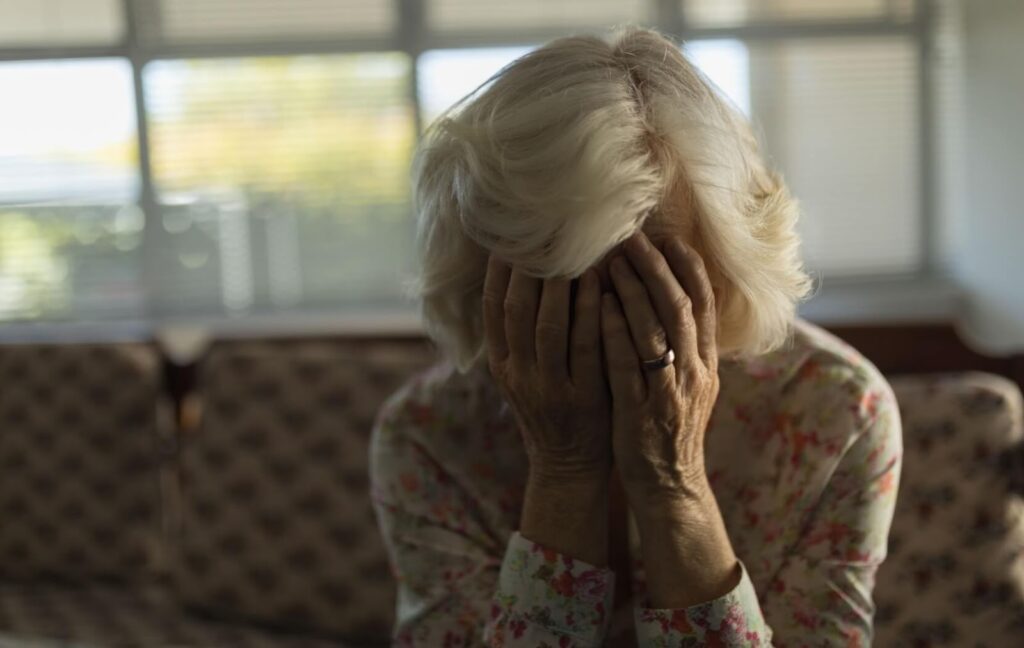We all want what’s best for our aging loved ones—to see them live full, independent lives while staying happy, safe, and comfortable. However, as time passes, their needs may begin to change, and the level of care they require might exceed what can be managed at home.
Understanding the signs that indicate your loved one may benefit from assisted living is crucial to protecting their well-being. Here are signs it might be time for your loved one to move into assisted living:
- They’re struggling with daily tasks.
- They’re facing increased mobility challenges & frequent falls.
- Their personal hygiene is getting worse.
- You notice changes in their moods & behaviors.
- They’re experiencing unintentional weight changes.
- They need help managing their medications.
- They are at risk of injury in their current living conditions.
What Is Assisted Living?
Assisted living is a thoughtful solution designed to balance independence with the support older adults may need as they age.
These communities help with daily tasks like bathing, dressing, and medication management while promoting a fulfilling lifestyle through personalized care, engaging social activities, and a sense of community.
Many assisted living communities also provide conveniences and amenities like:
- Health & wellness programs
- 24/7 on-site staff for care & support
- Chef-prepared meals with balanced nutrition
- Social spaces for connecting with others
- Community spaces like fitness centers & libraries
The community setting empowers seniors to live with dignity and autonomy, knowing they have skilled professionals ready to support them whenever needed.
Struggles with Daily Activities
Everyday tasks like getting dressed, bathing, cooking meals, or keeping the home tidy are essential for maintaining well-being but can become overwhelming with age.
If your loved one seems to struggle with these daily activities, assisted living can provide the extra support they need to thrive without sacrificing their independence.
With caring staff to assist with daily routines, seniors can focus on the activities they truly love while knowing their basic needs are cared for.
Increased Mobility Challenges or Frequent Falls
Mobility becomes more challenging as we age. Falls and household accidents can become more common for seniors. According to the CDC, 1 in 4 adults over 65 experiences a fall each year, doubling the risk of falling again.
Mobility issues like difficulty walking, getting up from chairs, or frequent stumbles may signal the need for a safer environment. Assisted living communities offer features like grab bars, non-slip flooring, and 24/7 staff to enhance safety and provide quick aid in emergencies.
Decline in Personal Hygiene
Have you noticed your loved one skipping showers, wearing the same clothes repeatedly, or letting grooming habits slip?
Personal hygiene is often one of the first areas where difficulties arise. Sometimes, this is simply due to fear of falling in the shower or physical exhaustion from routine grooming.
Assisted living provides your loved one support with bathing, grooming, and dressing so they can maintain dignity and feel their best every day.
Changes in Mood & Behavior

Sudden shifts in mood, such as irritability, sadness, or withdrawal, might point to underlying challenges like loneliness or mental health conditions. Aging can also feel isolating, especially when seniors live alone or struggle with limited mobility.
Assisted living communities offer an environment where seniors can feel connected and understood. Staff are trained to address emotional wellness, provide companionship, and offer access to social programs that bring joy and fulfillment.
Unintentional Weight Changes & Poor Nutrition
Maintaining proper nutrition can be challenging for seniors, especially if cooking feels physically demanding or unappealing. Skipping meals, relying on processed foods, or unintentional weight changes may indicate your loved one isn’t getting the nourishment they need.
Assisted living communities take the pressure off meal preparation by offering professionally prepared, balanced meals in social dining settings. Residents can enjoy delicious, nutritious options tailored to their preferences and any dietary restrictions.
Challenges with Managing Medications
Medications are vital in managing health. However, remembering dosages, timing, and instructions can sometimes feel overwhelming, especially if multiple prescriptions are involved. Medication mismanagement can lead to serious health risks.
Assisted living communities provide support through medication management programs. Trained staff help residents manage their medication schedules, giving family members peace of mind while promoting the resident’s well-being.
Risks in Living Conditions
Keeping the home clean and organized can be a significant challenge as physical capabilities decline. If your or your loved one’s home has become too cluttered to move safely, it increases the risk of falls and accidents.
As household maintenance tasks become increasingly challenging or frustrating, fixing a leaky faucet or changing a lightbulb may be neglected, putting seniors at risk of harm or discomfort.
Assisted living communities take home maintenance off your loved one’s plate. From housekeeping to laundry services, caregivers and staff help keep your loved one’s surroundings tidy, safe, and comfortable.
A Compassionate Step Forward
It’s never easy to realize that your loved one may need more care than you can provide. However, assisted living is far from “giving up.” It’s about surrounding them with compassionate support, community connection, and everything they need to feel happy and fulfilled.
If you’ve recognized some of the signs above in your loved one, it might be time to explore assisted living options. At Valley View Senior Living, we’re committed to creating a place where seniors feel valued, supported, and at home. Schedule a tour of our community today!


